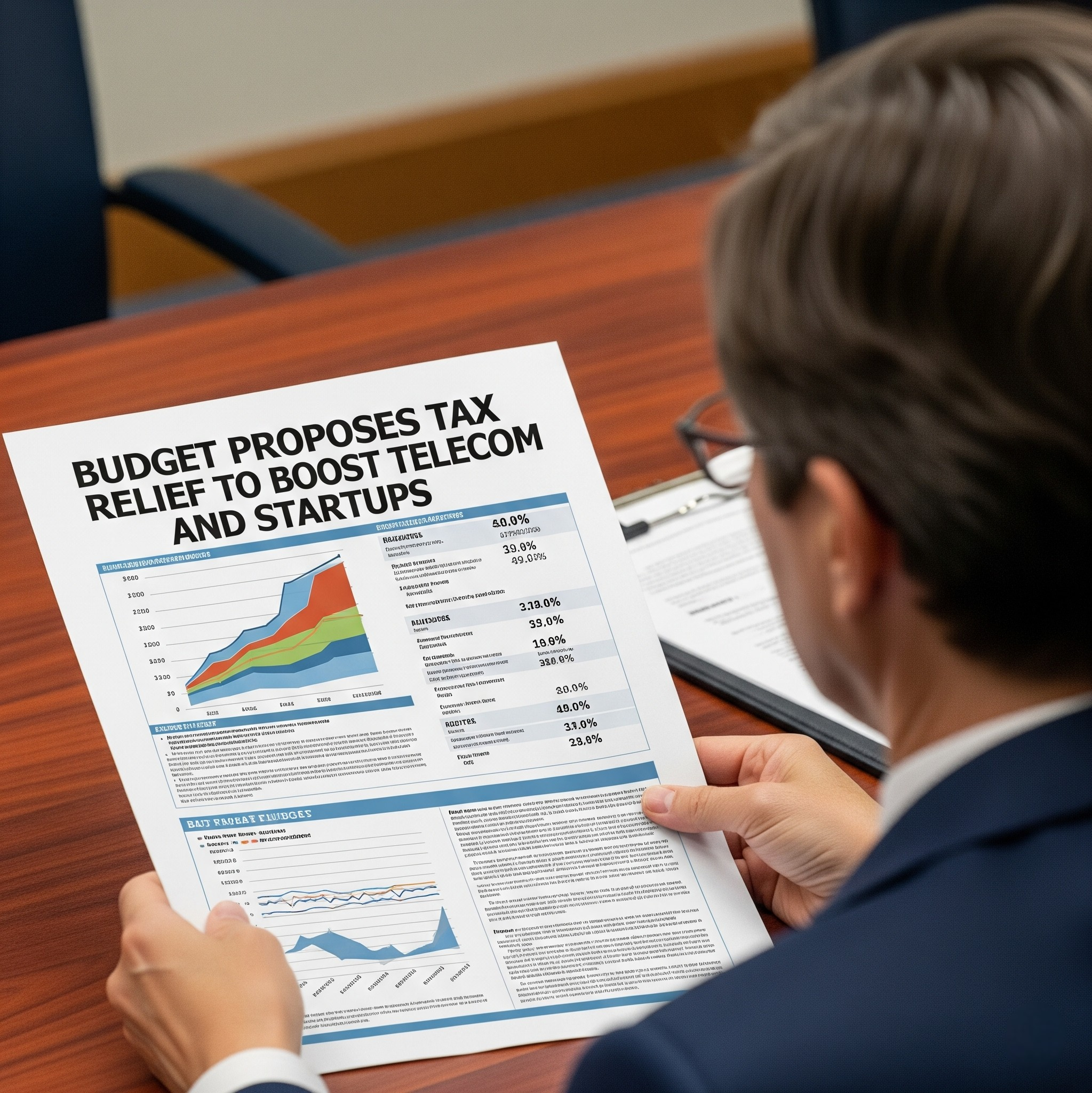The interim government’s proposed national budget for fiscal year 2025–26 includes a suite of tax reductions and financial incentives aimed at energizing the telecom, internet service, and startup sectors, marking a focused stride toward digital growth. A key measure is the cut in turnover tax for mobile phone operators, reducing it from 2% to 1.5%. The telecom industry has long advocated for such relief amid rising operating costs and declining average revenue per user (ARPU). The industry responded positively: the Association of Mobile Telecom Operators of Bangladesh (AMTOB) issued a statement appreciating the rate cut and the resolution of procedural burdens though it urged further reforms such as removing SIM card taxes and aligning corporate tax rates more uniformly. To lighten the tax load on ISPs, the budget proposes halving the withholding tax on internet service providers from 10% to 5%, a move expected to reduce consumer internet costs and improve services. In response, Mohammad Aminul Hakim of ISPAB praised the move but cautioned that smaller providers might benefit less than larger counterparts. In the startup arena, the government has proposed a dedicated Tk 1 billion fund to support early-stage ventures. Finance Adviser Dr. Salehuddin Ahmed emphasized the critical role of this fund in fostering innovation and nurturing the IT sector. ICT hardware also stands to gain: the VAT exemption on computer monitors has been extended from 22 inches to 30 inches, easing procurement of larger displays for educational and professional use. However, to balance these tax breaks, the budget has introduced stricter The VAT for producing mobile phones has increased; it has moved from 5% and 7.5% to 7.5% and 10%. E-commerce sites will now have a 15% VAT on their commission earnings, which was previously at 5%. Moreover, OTT services will be required to pay an additional tax of 10%. Industry voices are mixed. Xiaomi Bangladesh’s country manager, Ziauddin Chowdhury, said the higher handset VAT might not significantly affect consumers, noting that local manufacturers add 30% value during production. Meanwhile, AMTOB raised concerns that continued digital service taxes, particularly on OTT platforms, could hamper digital inclusion and slow smartphone penetration. Overall, the FY26 budget offers a strategic blend of incentives and regulatory adjustments: telecoms and ISPs receive meaningful tax relief, startups gain funding support, and essential hardware is made more affordable. At the same time, the government seeks to secure revenues from e-commerce and streaming platforms. As Dr. Ahmed noted, these moves form part of a “digital transformation initiative” designed to bolster ICT growth.
49
previous post


